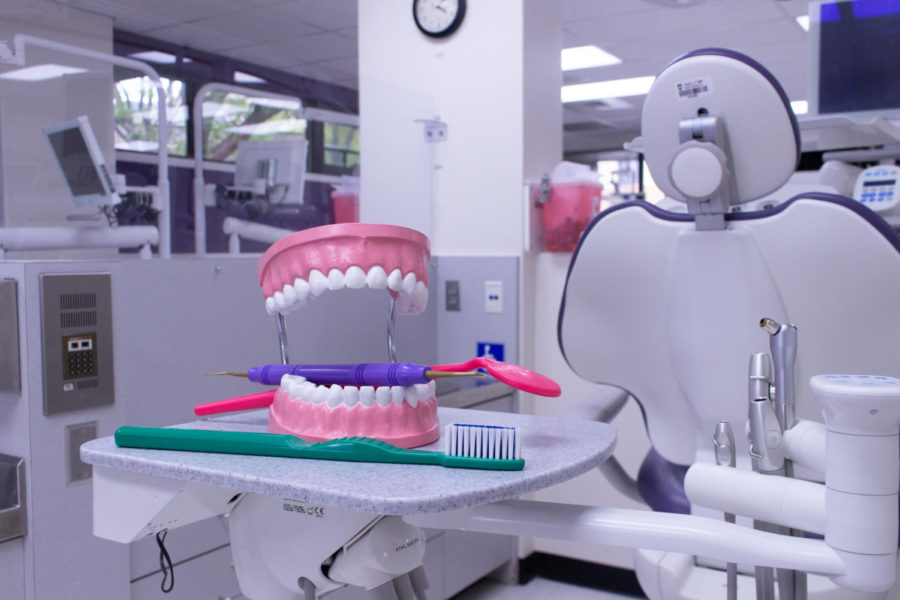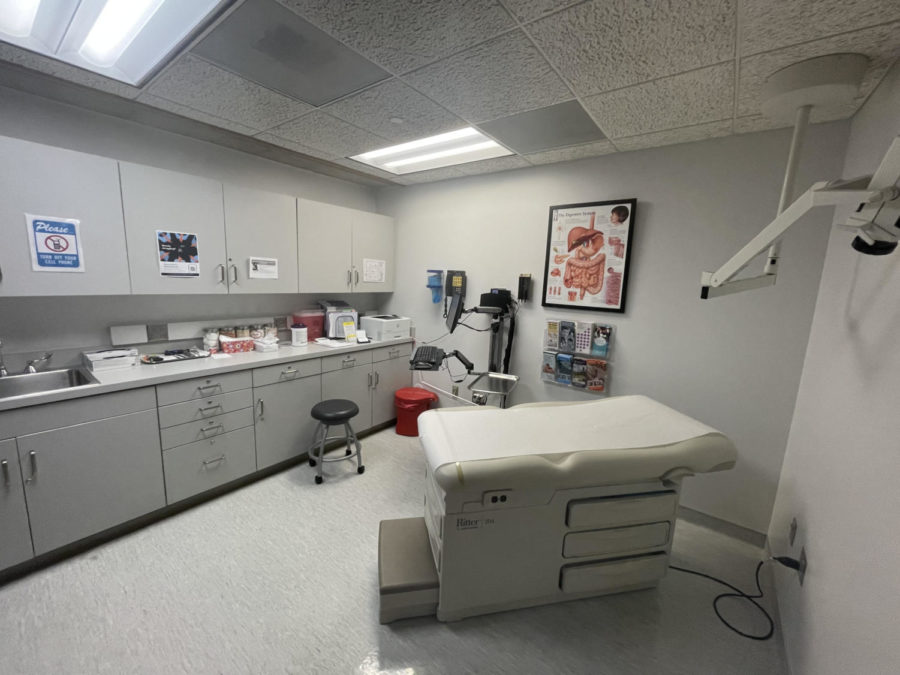
The Counseling and Psychological Services Center, CPSC, held a screening of a documentary that was followed by a panel discussion about what helps people feel true happiness in the Wildcat Theater on Wednesday night.
The movie, “Happy,” was designed to help people distinguish what happiness is and dissolve the myths of what many think lead to happiness.
One such myth was that more money equates to more happiness. This is true to an extent. “Happy” showed that people making 50,000 dollars were substantially happier than those who made 5,000 dollars, but people who made 50 million had about the same happiness levels as those who made 50,000. It asserted that as long as people’s needs were being met, anyone can achieve full happiness.
“It’s not typical for people to feel happy all the time,” said Jamie Brass, who is a psychologist for the CPSC. “But there are things people can do to help promote happiness.”
“Happy” used the following quotation from one of our founding fathers, Benjamin Franklin, to make this point: “The constitution only guarantees the American people the right to pursue happiness. You have to catch it yourself.”
The panel discussion following the movie included Michael Olpin, director of WSU’s Stress Relief Center; Rochelle Creager, student wellness coordinator; and Mark Adams, former counselor for the CPSC, who is now a faculty member in the department of child and family studies. The panel discussion focused on choosing to be happy.
“If we start focusing on what’s great about things, what’s wonderful about things, what’s loving about things, then those are the things we will see expanding around us,” Olpin said.
The panel members went on to discuss with audience members that emotions don’t cost anything. Happiness doesn’t cost any money, but neither does anger or depression.
“Where are we going to invest our emotions,” Adams said, “if they’re all free?”
Creager mentioned that college is a life-changing crossroad. “You have to realize it really doesn’t matter what other people think. Be authentic to yourself,” Creager said.
All three panel members agreed that being authentic to oneself was the greatest key to happiness.
“Happy” showed research that 50 percent of a person’s general happiness is genetic. Only 10 percent related to circumstances, money, living conditions, image, status, etc. The remaining 40 percent is intentional actions and behaviors that a person has control over. Both the movie and the panel members confirmed that happiness is a choice.
Karissa Staker was a psychology student who attended the event.
Staker said one of her professors was offering extra credit to attend the screening of “Happy” but that she had other things she was there to learn as well.
Staker’s goal was to gain a greater understanding of happiness for herself and be able to share her understanding with others.
“Who doesn’t want happiness?” Staker said.














